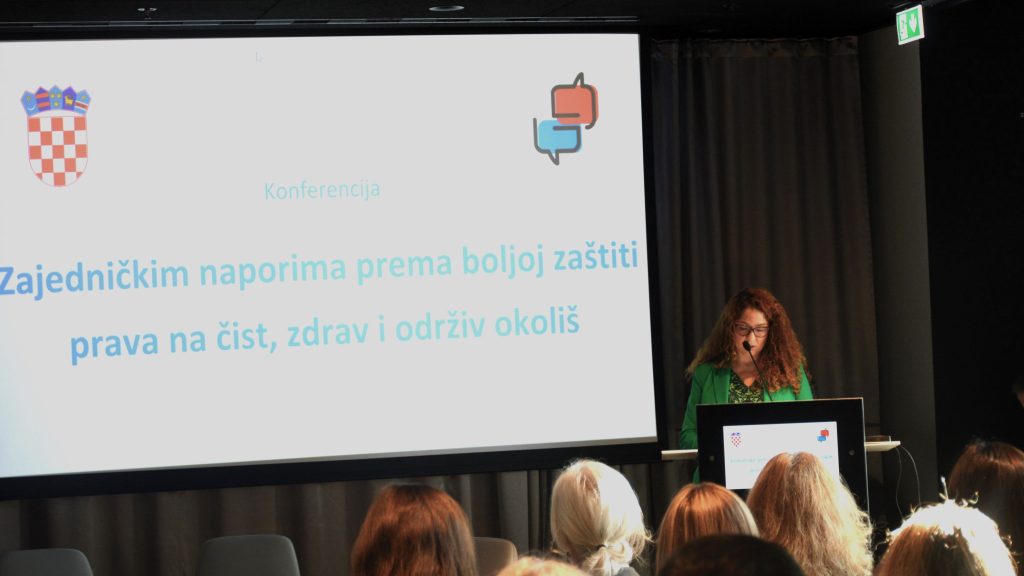Persisting widespread discrimination, intolerance and hatred across the EU threatens to marginalise and alienate many minority group members who otherwise feel largely attached to the country they live in and trust its institutions. These findings emerge from a major repeat survey by the European Union Agency for Fundamental Rights (FRA).
“Almost a decade ago we warned about the presence of large-scale ethnic discrimination and hatred. Today, these new results show that our laws and policies are inadequately protecting the people they are meant to serve,” says FRA Director Michael O’Flaherty. “With every act of discrimination and hate, we erode social cohesion and create inequalities that blight generations fuelling the alienation that may ultimately have devastating consequences.”
The Second European Union Minorities and Discrimination Survey (EU-MIDIS II): main results report points to the need for specific and stronger measures to provide legal protection against discrimination coupled with effective sanctions. In addition, since 88% of ethnic discrimination, 90% of hate-motivated harassment and 72% of hate-motivated violence were not reported, much stronger outreach is needed to encourage victims to come report incidents, while law enforcement and equality bodies need the right tools to deal with these reports effectively.
Some of the other key findings include:
• 38% of respondents were discriminated against over the last five years with North Africans (45%), Roma (41%) and Sub-Saharan Africans (39%) particularly affected. Discrimination was greatest when it came to looking for work (29%).
• 31% of second-generation immigrant respondents experienced hate-motivated harassment in the last year. 50% of these victims were harassed at least six times in that year;
• Fewer minority members (61%) completed at least upper secondary education compared to the general population (74%). This reduces their employment chances.
The results also indicate a higher level of trust in public institutions than the general population with a majority feeling strongly attached to the country they live in. They are also largely open towards other ethnic groups.
However, the impact of discrimination, harassment or violence is also clearly shown. Those who have been victims trust public institutions less and feel less attached to the country they live in.
This is the second minorities and migrants survey carried out by the Fundamental Rights Agency. The survey asked about experiences of discrimination, harassment, police stops, and rights awareness, as well as markers of integration, such as the sense of belonging and trust in public institutions, and openness towards other groups.
You can find the full report here.





